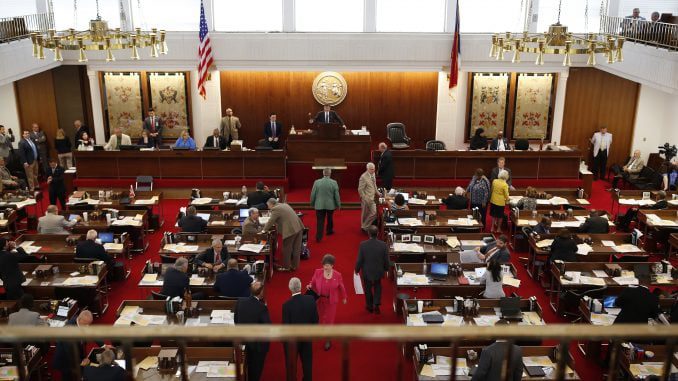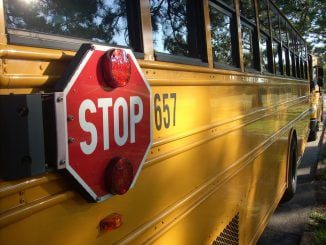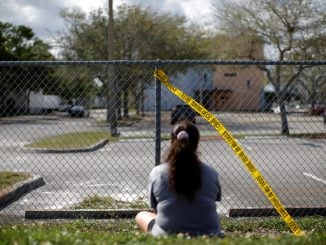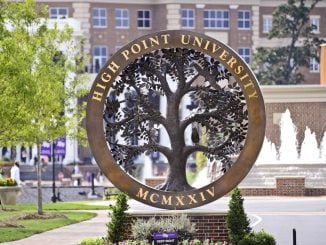
RALEIGH — School safety legislation designed to boost student access to licensed psychologists passed the state House of Representatives last week and was sent to the Senate. The bill came from the interim committee on school safety, which passed it unanimously. The committee of more than 40 lawmakers was set up amid concern in N.C. after multiple school shootings in other parts of the nation.
House Bill 933 (Reciprocity/School Psychologist Licensure) requires the State Board of Education to expand the number of school psychologist licenses to include people credentialed by the National Association of School Psychologists.
“Currently, there is no agreement in place to allow our school psychologists from out-of-state to practice in North Carolina without going through the cumbersome application process and licensing procedure,” said Rep. Josh Dobson (R-McDowell) during debate on the House floor. Dobson sponsored the legislation along with Reps. John Torbett (R-Gaston), David Lewis (R-Harnett) and Marvin Lucas (D-Cumberland). “This bill would change that,” Dobson added.
According to the state legislature, current law requires that school psychologists licensed in other states must complete about 75 hours of additional training and obtain a professional educator’s continuing license from the Department of Public Instruction.
According to DPI, there are more than 70 vacant school psychologist positions in North Carolina that the General Assembly funds through the state budget but are not filled. Increasing the presence of mental health experts on N.C. campuses was among the top issues called for during the teacher protests last week.
“This is not the end. This is simply the beginning, and we will continue to work to keep our kids safe in the schools,” said Torbett, the House school safety committee co-chairman.
In order for school psychologists to obtain the national school certification, they must take 60 semester hours in a graduate-level program, perform supervised practicums, complete 1,200 hours of school psychology internships, and pass the school psychologist Praxis test. Currently 32 states, including Florida, Georgia, Maryland, South Carolina and Virginia, recognize NASP certification as meeting or partially meeting licensure requirements for school psychologists.
House Bill 933 passed first reading in the Senate on Tuesday and was referred to the Committee on Rules and Operations of the Senate.



